Expat life involves so much learning about your host country. All kinds of basic things that we take for granted at home seem unfamiliar here. I was reminded this morning of how off balance we were our first year in Malaysia, how we never knew when the holidays were. I was working in a round-the-clock NGO, and the husband was working from home, so neither of us was in a 9-to-5 world. Add to that our complete ignorance of Muslim and Hindu holidays, and, well, we were always the losers at the expat parties who had no idea there was a three day weekend coming up. I thought about that this morning when Himself texted to say there was no one in his office and he had no idea why. Oh, here we go again…
In Mongolia we both are in offices with mostly regular schedules, but because of our work, we get quite particular views of the country. The husband is working in local government to improve city services. He knows all about garbage collection, the city’s centralized heating system and how people get water — stuff that most expats and plenty of locals never think about. As mentioned earlier, I’ve been researching access to sexual and reproductive health and rights (SRHR to its friends), and I’ve learned that one of the biggest obstacles for people is that this is a small country. Not small geographically, because another obstacle is having to travel a long way to a clinic, but small-town small. As in: you go in for birth control or some kind of checkup, and the doctor is an old friend of your granny’s and the receptionist dated your brother. It’s VERY awkward for people, especially teenagers. And I find this a fascinating little cultural nugget.
On the other hand, taking taxis is still really stressful for me because I can’t always describe where we live. I’m going to an NGO fundraising event tomorrow night and was actually discouraged from making a donation — huh? Daily office life is full of little surprises because I don’t understand what’s being said around me. And the husband’s office was mysteriously empty this morning.
What we do know is weird stuff.
Here’s another example from working in children’s rights in Malaysia: There’s a Malaysian island called Pulau Ketam (“Crab Island”) that I heard about early on as a notorious drop-off point for human traffickers and as a site where dogs were abandoned. Horrifying, right? It was at least a year later that I found out the island actually is famous as a day excursion for the food — crab, duh. You’d think I’d have picked up the food connection, but I had no idea that normal people just go there to eat.

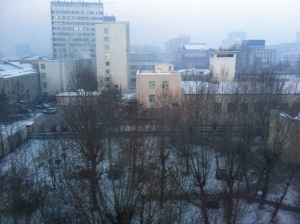
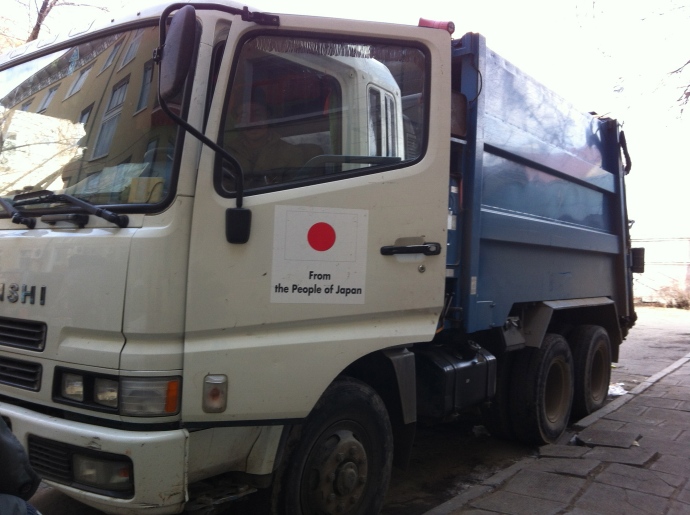 “International development” is hard to define, but generally refers to programs funded, and often undertaken by, international organizations to strengthen institutions of a country such that poverty is reduced, health is improved, rule of law is followed, and civil society is strengthened. The government of the country is involved by necessity at least minimally. Ideally, development priorities and programs are established with cooperation and input from international organizations, governments and civil society organizations, so that each perspective is included.
“International development” is hard to define, but generally refers to programs funded, and often undertaken by, international organizations to strengthen institutions of a country such that poverty is reduced, health is improved, rule of law is followed, and civil society is strengthened. The government of the country is involved by necessity at least minimally. Ideally, development priorities and programs are established with cooperation and input from international organizations, governments and civil society organizations, so that each perspective is included.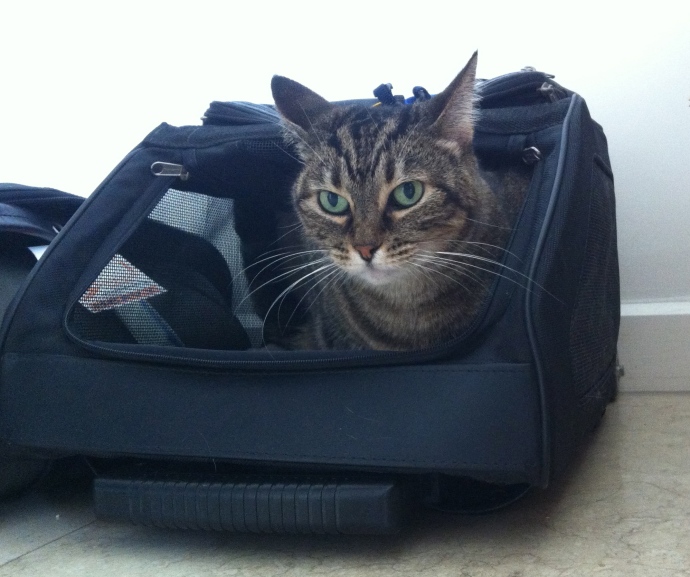
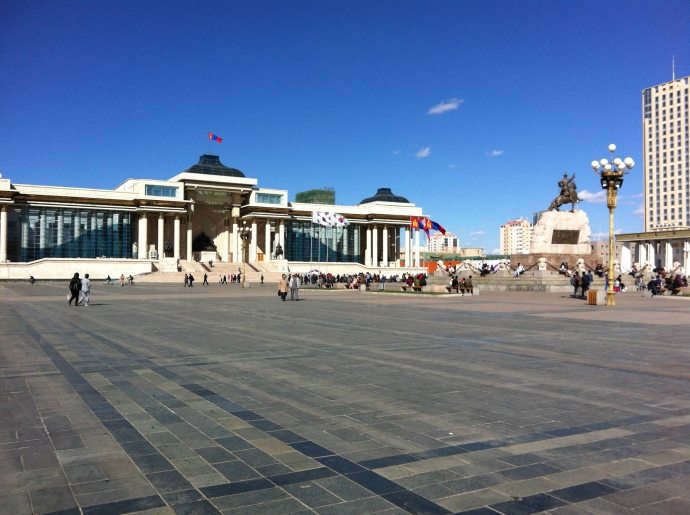
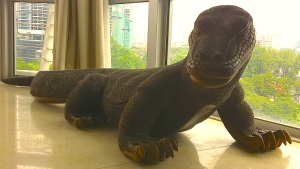

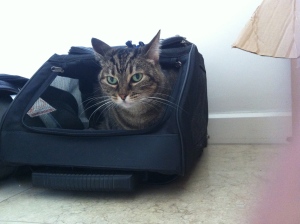

Recent Comments